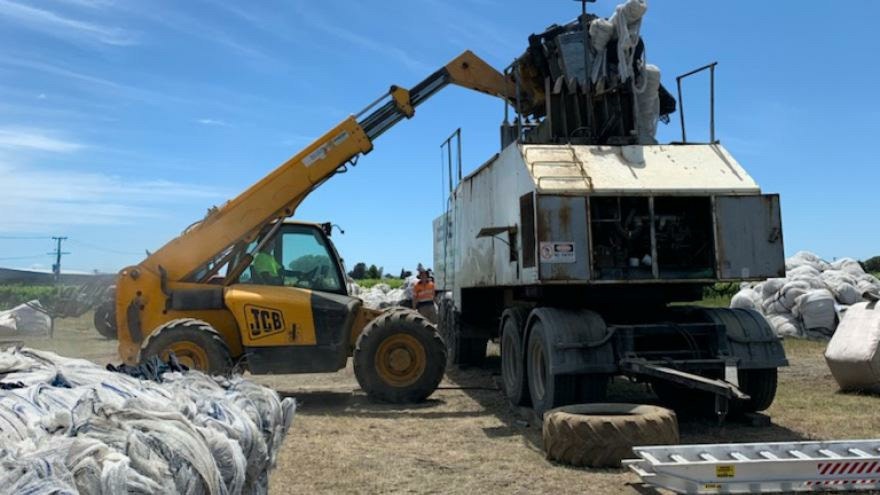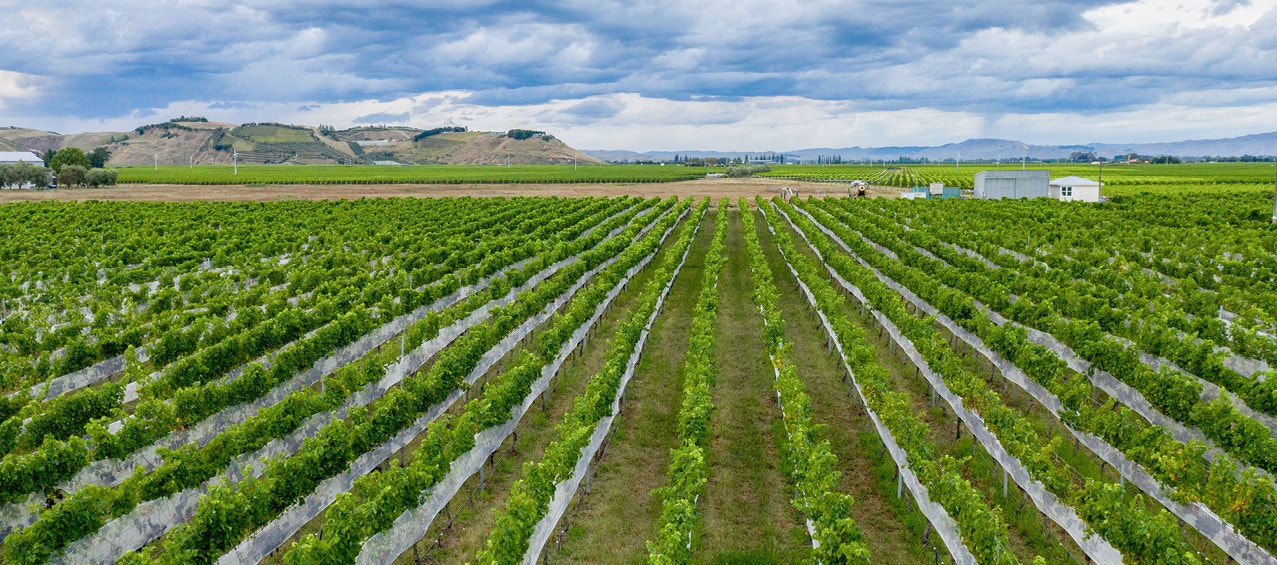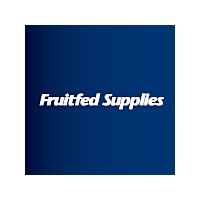
Successful recycling efforts for horticultural growers in Hastings
A wide array of plastic derivatives, such as polyethylene and polypropylene, can be recycled through various organisations like Plasback and Agrecovery, but every collection scheme relies on having customers interested in buying the collected plastics. The costs and logistics of collection and consolidation are also considerations for horticultural businesses seeking to reduce their waste stream.
Andrew McNeil, a long-standing Technical Horticultural Representative with Fruitfed Supplies Hastings, worked with fellow Hastings personnel Jonny La Trobe, Hannah Greaves and Janelle Page to put together a massive recycling project that took place in Hawke’s Bay late last year.
Working with Chris Hartshorn from Plasback, Andrew liaised with Southern X Press to bring their mobile baler to Hastings where it was set up at one of Villa Maria Wine’s vineyards. Other participating vineyards dropped off their recycling to the site where the baler pressed a vast amount of high density polyethylene vineyard bird netting, windbreak, hail net and lateral pipe such as dripline and irrigation hoses into one hundred 800 kg bales. Five 20-foot shipping containers were filled with the compressed bales for dispatch via the Port of Napier to Plasback’s customer in Malaysia to repurpose into new products.
This is the first time that the Hastings branch has helped growers by coordinating a recycling initiative of this nature.
“Over the years, large volumes of net and windbreak have been collected from vineyards and orchards by Plasback when the second-hand plastic market was worth something,” Andrew explains. “But that dropped away more than 12 years ago, so our growers haven’t been able to recycle these plastics without a market to go to.”
With increases in virgin plastic pricing over the past year or two, the second-hand, recycled plastic market offers some options to improve the economic viability of collecting and repurposing these big, bulky and dirty horticultural plastics.
Andrew points out that there are plenty of challenges with global freight and logistics in this Covid-impacted trading environment, so getting containers and shipping space organised wasn’t straightforward.
“Plasback did a great job getting this opportunity organised for us. While this was a one-off initiative, there’s plenty more netting awaiting recycling should it be possible again in the future.
“Running the collection on 22 November wasn’t ideal given that vineyard customers were busy with spraying, trimming and leaf plucking, so we were very pleased to have 20 companies participate. They all recognised this was a good opportunity to ensure these old nets could be recycled in a meaningful way.”
Some vineyards were unable to meet the collection timing and there is a considerable quantity of used nets stashed on various blocks, particularly damaged hail netting from a large blueberry operation.
“Having said that, this collection alleviated some pressure for those who got involved and enough material was collected to fill the five containers which made it viable for Plasback, which is all positive.”
An important aspect of the exercise was sharing the costs of the baler being moved to Hawke’s Bay to undertake the collection. Andrew and Jonny put together the various cost-sharing scenarios which went out in the information flyer to potential participants. They pay credit to all the vineyard teams who found funds for the project when it wasn’t in their annual budget.
“We were all impressed with just how much the baler could compress the nets,” Andrew says. “When you consider a roll of side net weighs about 20 kg and the compressed weight of each bale was about 800 kg, that’s a lot of netting in each bale. This meant the final cost for each participant was less than anticipated, and some of those funds have been diverted into buying more bird netting and bird scaring lasers.”
Horticultural businesses all over the country want to minimise waste. “The viticultural sector generally keeps a close watch on their waste stream and they’re looking to us and our suppliers to help resolve waste stream issues. To be able to do something positive to help has been encouraging for all involved and it’s great to see the various recycling solutions for lateral pipe, spray guards, packaging and more with companies like Plasback. We’ll keep working with our suppliers and the wider industry to help our customers with more recycling solutions.”


